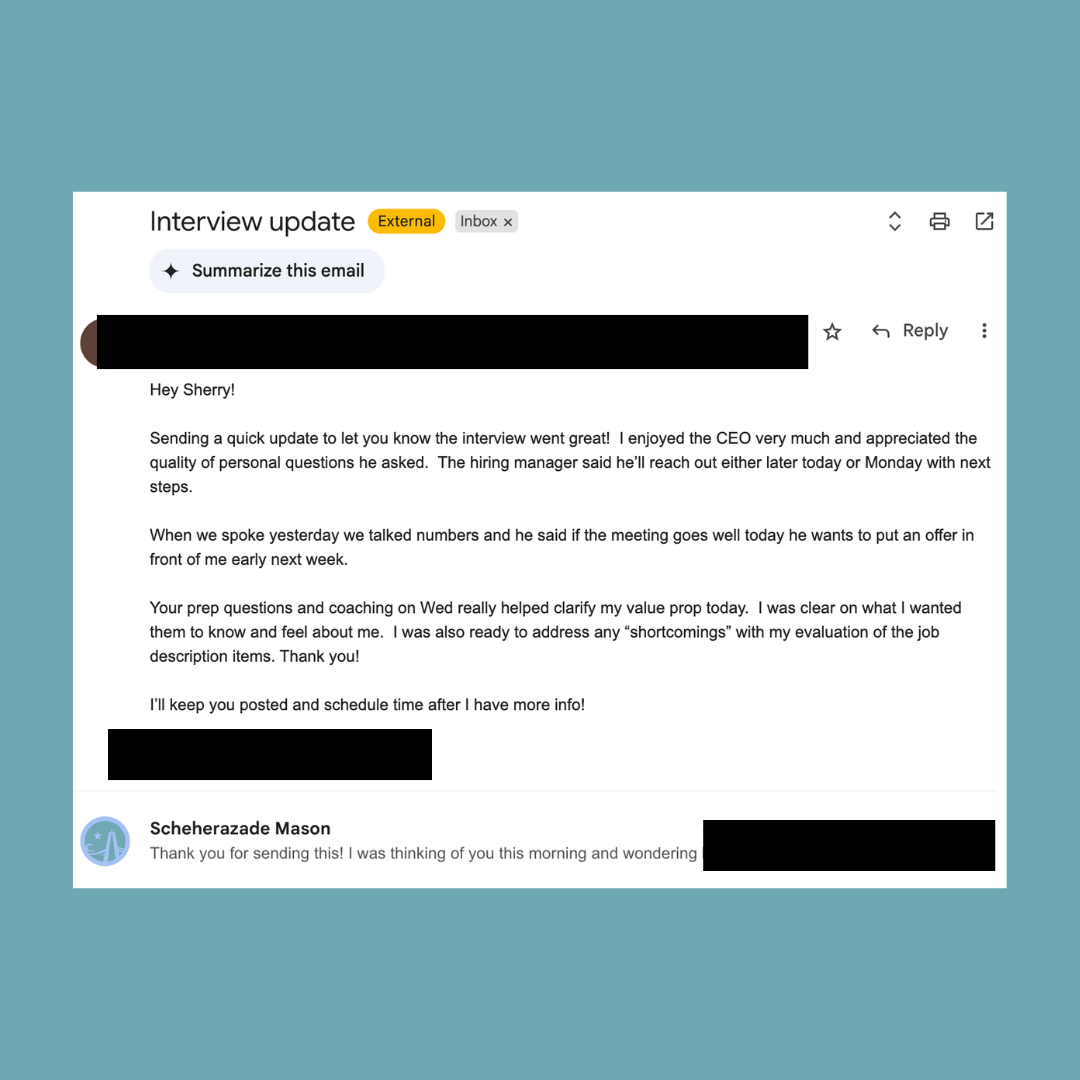My clients are very good at solving problems. I marvel at their brainpower. They’re also self-aware and self-reflective. Sometimes I have to look up words they use. And I’m no dummy.
So why do they need help?
I think there are a few reasons.
The first is set out in this wonderful blog post by Adam Mastroanni. He notes that there are two kinds of problems. School and intelligence tests measure well-defined problems, and those problems have clear boundaries, repeatable processes, and stable relationships between the variables. Things like “being happy at work” or “finding a romantic partner” or figuring out where to live or how much time to spend with your friends or what role you want to play in your community — those are poorly-defined problems. You can’t really even know whether you’ve solved them.
People who’ve been rewarded for being good at solving well-defined problems can be paralyzed by poorly-defined problems.
One of the things I do as a coach is take a vague dissatisfaction with work — or even a more lively, active intention to leave — and turn it into a series of actions. Through structured homework assignments and review, we identify and personalize an action plan that’s aligned with each client’s priorities. It can be counter-intuitive, because it doesn’t look like sending applications or drafting cover letters or bullet points. But there are clear steps along the path and I love showing them to people.
The other reason that smart people benefit from help is that we can’t see ourselves as clearly as others can. You can’t give yourself a haircut. You can’t read the label from inside the jar. My job is to hold a mirror up for clients and show them some things they can’t see about themselves. We all feel “normal” to ourselves — but the ways in which we are distinct and unusual are sometimes harder to know and articulate. I look closely at people, and can give you a view of yourself that you can’t get alone.


